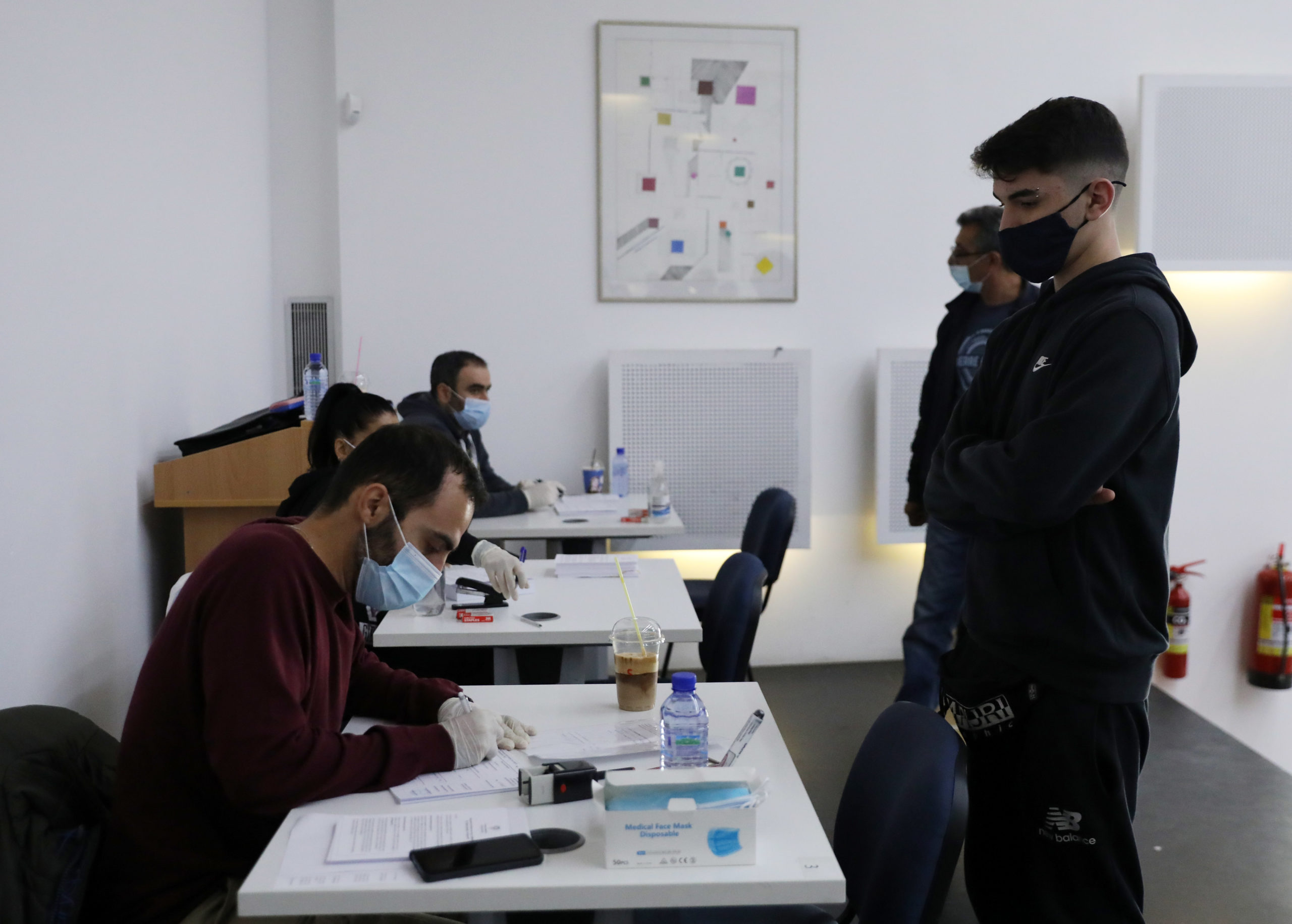Cyprus postponed announcing further lockdown relaxations on Wednesday given rising COVID-19 cases, hinting that opening up hospitality will be delayed as scientists fear a possible setback.
The Cabinet postponed until Friday on taking final decisions on further easing lockdown measures with scientists warning that moving too fast would spell an epidemiological ‘disaster’.
From March 16, the remaining high school students were scheduled to return to class, while restaurants and cafes were expecting the green light to reopen.
The 9 pm curfew was also to be shortened by starting later at 11 pm, while movement by text message was to go from twice to three times a day.
In comments to the Financial Mirror, Virologist Peter Karayiannis, a government advisor on coronavirus, said authorities are alarmed over the high number of daily cases, which reached 420 on Tuesday with a positivity rate of 1.21%.
“We are particularly worried over the rise in cases, which have risen from under 300 a week ago to more than 400,” said Dr Karayianni.
“We also saw the number of COVID patients in hospitals double from a fortnight ago.”
COVID-19 patients in hospitals rose to 154 on Tuesday, doubling from 78 on 27 February.
“It is to be expected that such a rise in cases and hospital admissions, reaching 20 a day, authorities would have second thoughts about opening up more sectors of the economy,” said Karayiannis.
He said the government had every intention of opening up the economy, but epidemiologists advise caution as the virus is widespread in the community.
Karayiannis believes the rise in cases is down to people not abiding by protocols and transmitting the virus to family and friends, who in turn, unaware, pass it on.
Pulmonologist Dr Charis Armeftis said lifting restrictions with cases above 400 would be extremely risky, but if cases do not drop in the coming days, a third lockdown could be on the cards.
He said we could expect cases to rise even higher based on current trends.
Stationed at Limassol General after drafted from the private sector, Dr Armeftis said that while the age of patients admitted to hospital is younger, those in a serious condition is not dropping as expected.
“One would expect that with the elderly now safe after being vaccinated; we would not have a large number of serious cases.
“However, we are now treating people with serious illness from COVID-19 who are in their 60s, 50s and even early 40s.”
The doctor said two male patients in their early 40s had been intubated at a hospital ICU.
He said the two men do not have serious underlining health problems apart from slight obesity and hypertension.
“If we see patients in hospitals exceeding 200 and people in ICU’s exceeding 40, then we will have a serious problem on our hands, as the health system will not be able to cope.”
Slow vaccine rollout
He urged people to take extra caution and abide by regulations, as the vaccination program will be slow in covering a satisfactory percentage of the population.
“Just the other day, we had a 77-year-old who was vaccinated 10 days before, had a negative test but ended up in hospital with severe respiratory problems the next day with COIVD.”
He argued that Cyprus is taking too long to implement its vaccination rollout and is in danger of losing out on the advantage mass inoculation offers in combating a pandemic.
Dr Armeftis said Cyprus had been tangled in EU red tape, which failed to secure large quantities of COVID-19 vaccines on time.
He argued that Cyprus could follow other EU countries’ footsteps, which have managed to acquire additional doses other than those allocated to them.
Armeftis pointed to Malta, explaining the 500,000-strong nation secured a total of 600,000 doses from Pfizer-BioNTech, up by 340,000 initially secured through the EU’s joint procurement procedure.
Malta, according to local media, has acquired an additional 80,000 vaccines from Moderna.
“Moreover, other countries have ordered quantities of the once-scorned Russian Sputnik V. I am not saying that Cyprus should be buying vaccines not approved by the EU, but the country has not explored any alternatives.
“Unfortunately, we have found ourselves caught up in a game of politics and financial interests.”










